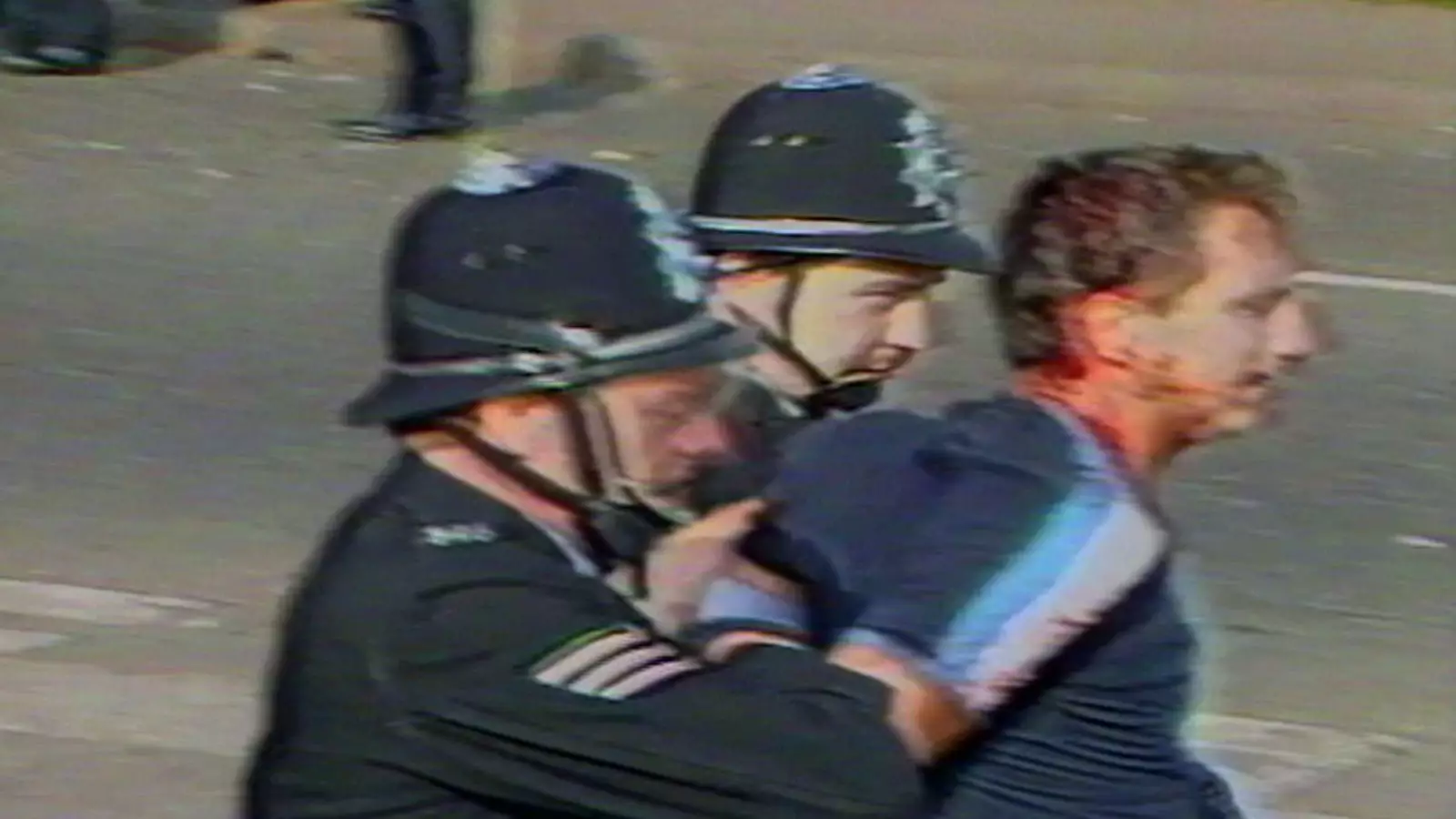Decades after the chaos at Orgreave, the shadows of that fateful day still loom large over the collective consciousness of Britain. The violence, the betrayal, and the subsequent suppression of truth cast a long, dark cloud over the country’s pursuit of justice. What was supposed to be a straightforward clash between miners and police evolved into a symbol of institutional injustice, exploiting the fears and divisions of a tumultuous era. The recent push for a public inquiry, long overdue, represents not just an attempt to uncover facts but a crucial step toward healing a fractured history that has been shrouded beneath layers of denial and deception.
This event was not simply a protest gone awry. It was a calculated display of authority, where the police used excessive force against unarmed civilians, minimizing their right to peaceful assembly. Yet, official narratives painted miners as violent insurgents, concealing underlying systemic issues. The truth has been buried beneath decades of government suppression, selective revelations, and police shortcomings. The fact that some police officers remained anonymous during the confrontation, and that key evidence was hidden or restricted, underscores how much was deliberately kept from public scrutiny. The forthcoming inquiry could finally dispel lies that have tarnished reputations and obscured accountability.
The Dimensions of a State-Corporate Cover-up
The role of the police during the Orgreave incident raises profound questions about the militarization of law enforcement and the misuse of state power. Over the years, police tactics—horse charges, batons, and riot shields—were employed against unarmed miners with brutal efficiency. Witness accounts describe coordinated assaults that resembled orchestrated military operations rather than crowd control. These descriptions challenge any sanitized official version and demand a reevaluation of police conduct at the time.
The broader implications extend beyond just one day’s violence. They expose a systemic pattern of intimidation and suppression during the Thatcher era, when the government aimed to break the power of coal miners and silenced dissent in the process. The collapse of prosecutions against miners, due to unreliable police evidence, further exemplifies how justice was manipulated. The authorities’ reluctance to investigate or reveal documents encapsulates a wider tendency toward cover-up, reinforcing public suspicion that powerful interests prioritized political stability over truth and fairness.
The upcoming inquiry is not just about facts; it is about reclaiming dignity for those affected. It is a challenge to the narrative that oppressed workers were the aggressors, instead asserting that state machinery was weaponized to crush dissent. As new documents emerge or are brought to light, the hope is that a more honest account will finally come to the surface, revealing the depth of the state’s misconduct.
A Long Road Toward Justice and the Power of Collective Memory
For the survivors and families of those injured or detained, justice feels painfully elusive—a distant promise that has yet to materialize. For many, the physical and emotional scars from that day persist, emblematic of a broader struggle against institutional betrayal. Despite South Yorkshire Police having paid significant compensation, genuine accountability remains elusive without a thorough, independent investigation into the events, the tactics, and the political motivations that shaped them.
The delay in addressing these injustices underscores a broader societal hesitance to confront uncomfortable truths. Political leaders have often prioritized stability over transparency, avoiding the difficult conversations that might threaten entrenched interests. This denial has fostered a deep mistrust among communities who saw their voices silenced and their livelihoods threatened. The new inquiry, chaired by a respected figure like the Bishop of Sheffield, signals an important shift—a recognition that truth and reconciliation can only happen if we confront our past honestly.
Yet, skepticism persists. Will the inquiry genuinely hold those responsible accountable? Or will it become another chapter in a long history of delayed justice? The answers lie in whether this process translates into meaningful change rather than serving as a superficial gesture. For now, the pursuit of truth remains a beacon of hope for those who believe that justice should never be compromised in favor of political expediency or institutional convenience.


Leave a Reply